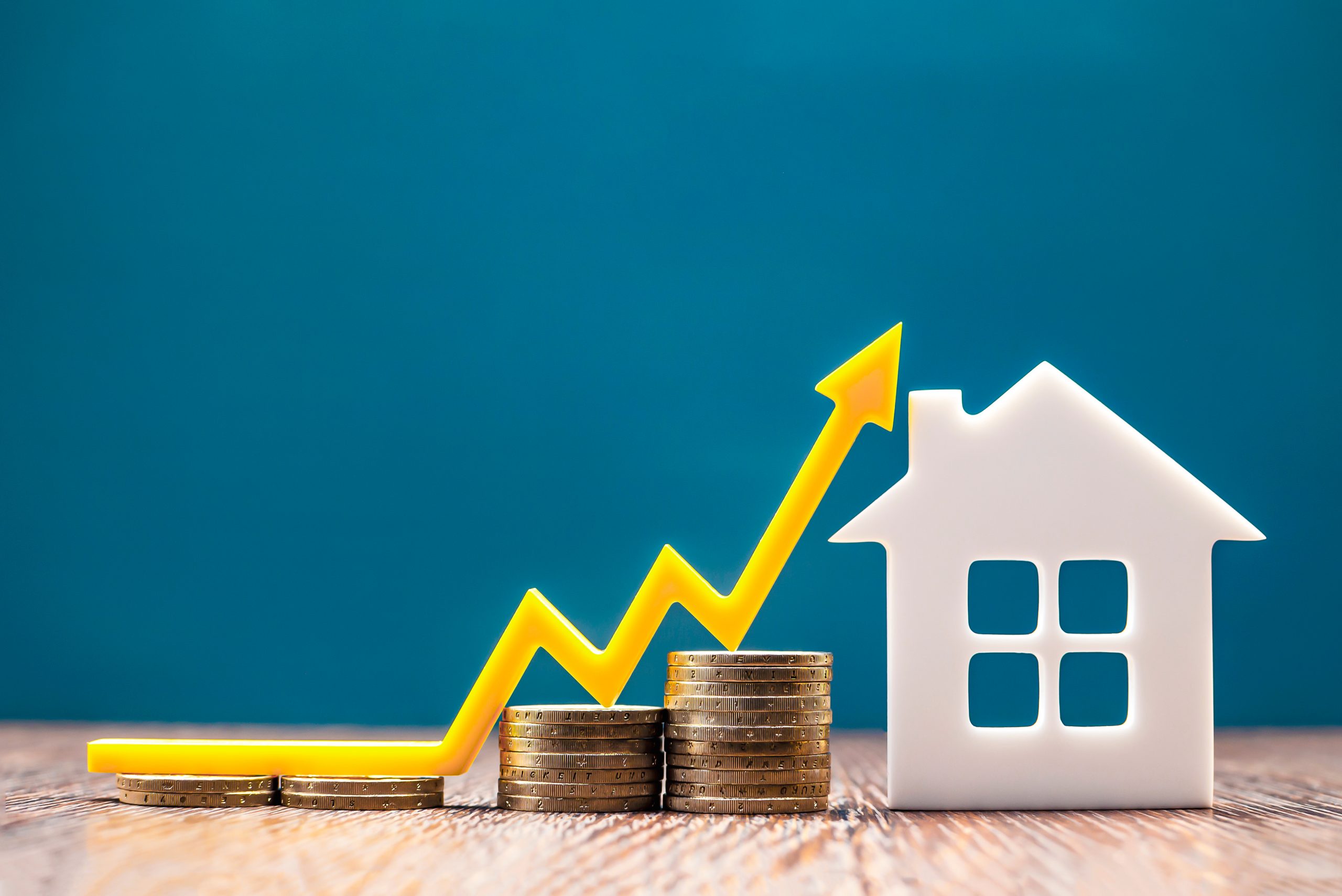First-time Buyer
Average house prices edge closer to £300k

Average UK house prices “defied any expectations of a slowdown” as they increased 13% in the year to £294,845 in June.
This is the largest yearly surge since late 2004, according to the Halifax house price index. It also noted 1.8% monthly rise in prices during June marking 12 month in a row for price inflation.
Northern Ireland recorded the strongest annual house price growth, up 15.2% to £187,833.
This was followed by Wales, with a yearly price change of 14.3% to £219,281.
Within England, the South West saw the sharpest jump in house prices annually, up 14.2% to £308,128.
While remaining the most expensive region for houses in the UK, London recorded a 7.1% uptick in average prices to £547,031.
No slowdown yet
Russell Galley, managing director at Halifax, said the UK housing market “defied any expectations of a slowdown”.
He said: “House prices have now risen every month over the last year, and are up by 6.8% or £18,849 in cash terms so far in 2022, pushing the typical UK house price to another record high of £294,845.
“The supply-demand imbalance continues to be the reason house prices are rising so sharply. Demand is still strong – though activity levels have slowed to be in line with pre-Covid averages – while the stock of available properties for sale remains extremely low.”
Galley added that property prices had been “insulated” from the cost-of-living squeeze as this was primarily being felt by those on lower incomes who were less likely to be actively buying and selling houses.
He said: “Of course, the housing market will not remain immune from the challenging economic environment. But for now it continues to demonstrate – as it has done over the last couple of years – the unique combination of factors impacting prices.
“In time though, increased pressure on household budgets from inflation and higher interest rates should weigh more heavily on the housing market, given the impact this has on affordability.
“So while it may come later than previously anticipated, a slowing of house price growth should still be expected in the months ahead.”
‘Inflation is the property market’s nemesis’
Imogen Sporle, head of term finance at London-based broker, Finanze, said: “Despite this extraordinary data, it’s not a case of if house prices crash but when.
“Demand in the property market will cool due to painfully high inflation. Inflation is the property market’s nemesis and is hitting sentiment for six. Lenders becoming more conservative with affordability is sensible in the current climate but of course this will mean people can borrow less, which means sellers may soon have to price lower.”
Rhys Schofield, managing director at Belper-based Peak Mortgages and Protection, said: “House prices are still going to be higher by the end of the year, as the data we see now is based on what value house sales were agreed five months ago and that will take time to feed through. Demand is still very much there and the drastic shortage of property stock just keeps driving prices up.
“We still have a shortfall on UK housing stock of about four million properties so until that changes, which seems incredibly unlikely given the track record of successive governments, the inflationary pressure on house prices will not subside.”
Iain McKenzie, CEO of The Guild of Property Professionals, said: “It will surely be only a month or two before we see the price of the average property break through the £300,000 barrier for the first time.
“Growth is being driven by the imbalance between supply and demand, with higher-earning professionals pushing up the price of larger, more expensive, detached homes.
“Who knows when this incredible run of 12 consecutive monthly rises will end, but perhaps it’s not as soon as we thought.”